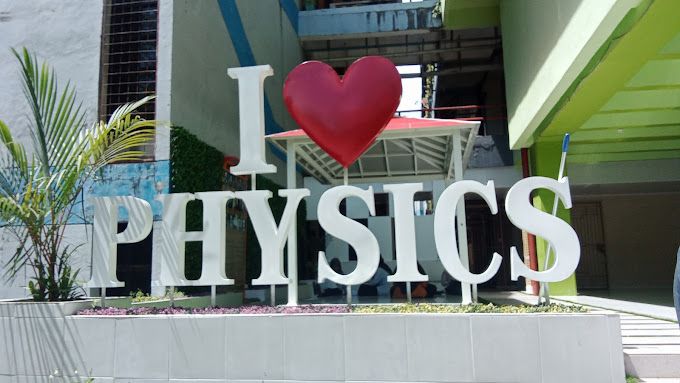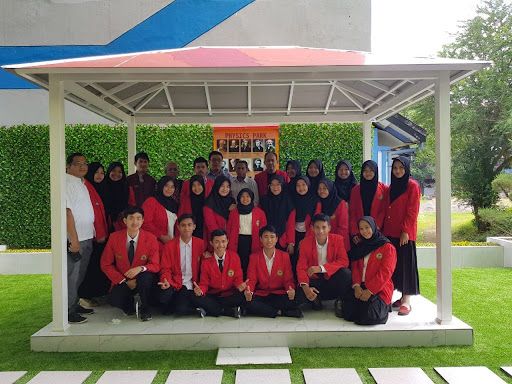
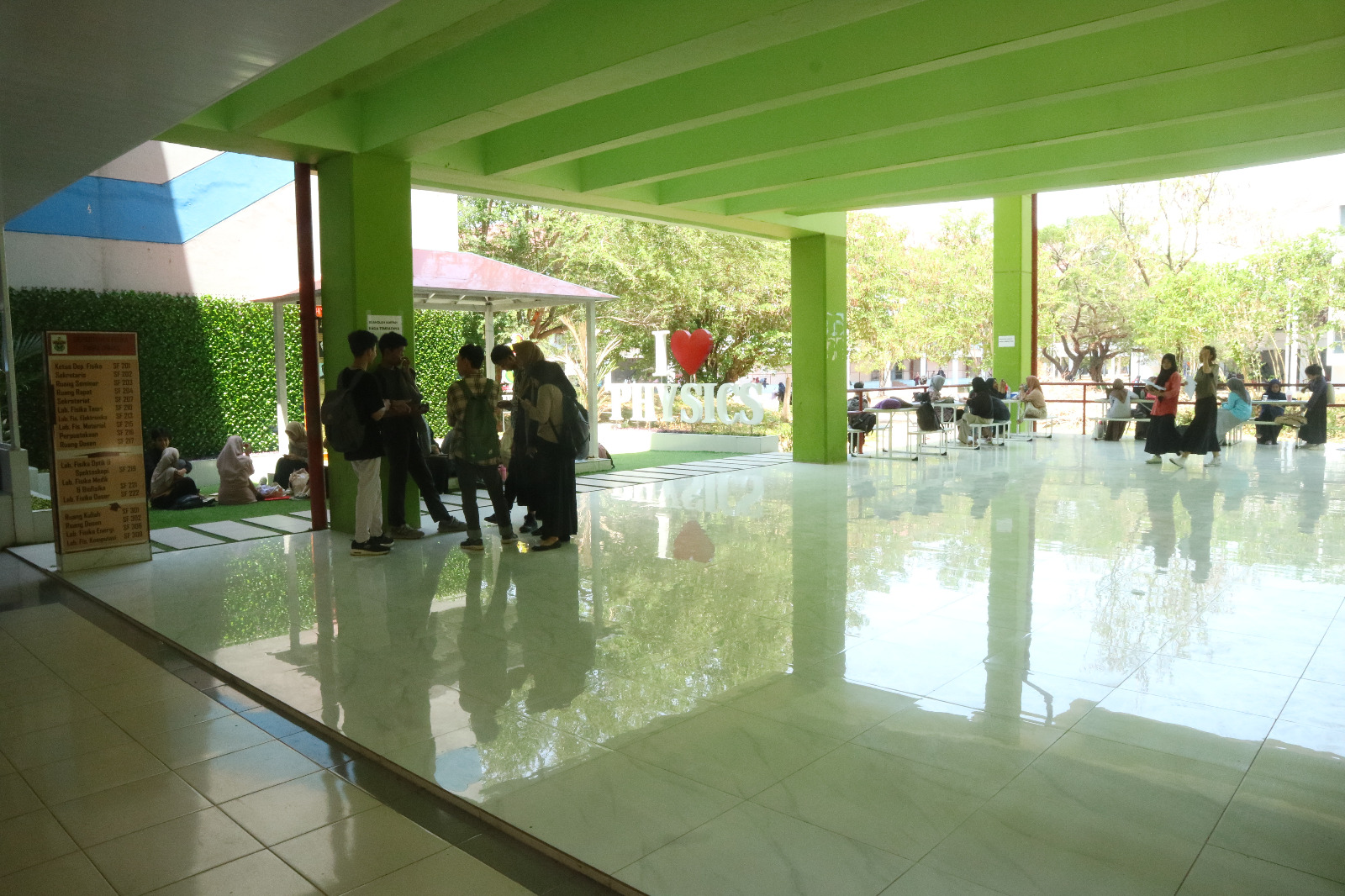
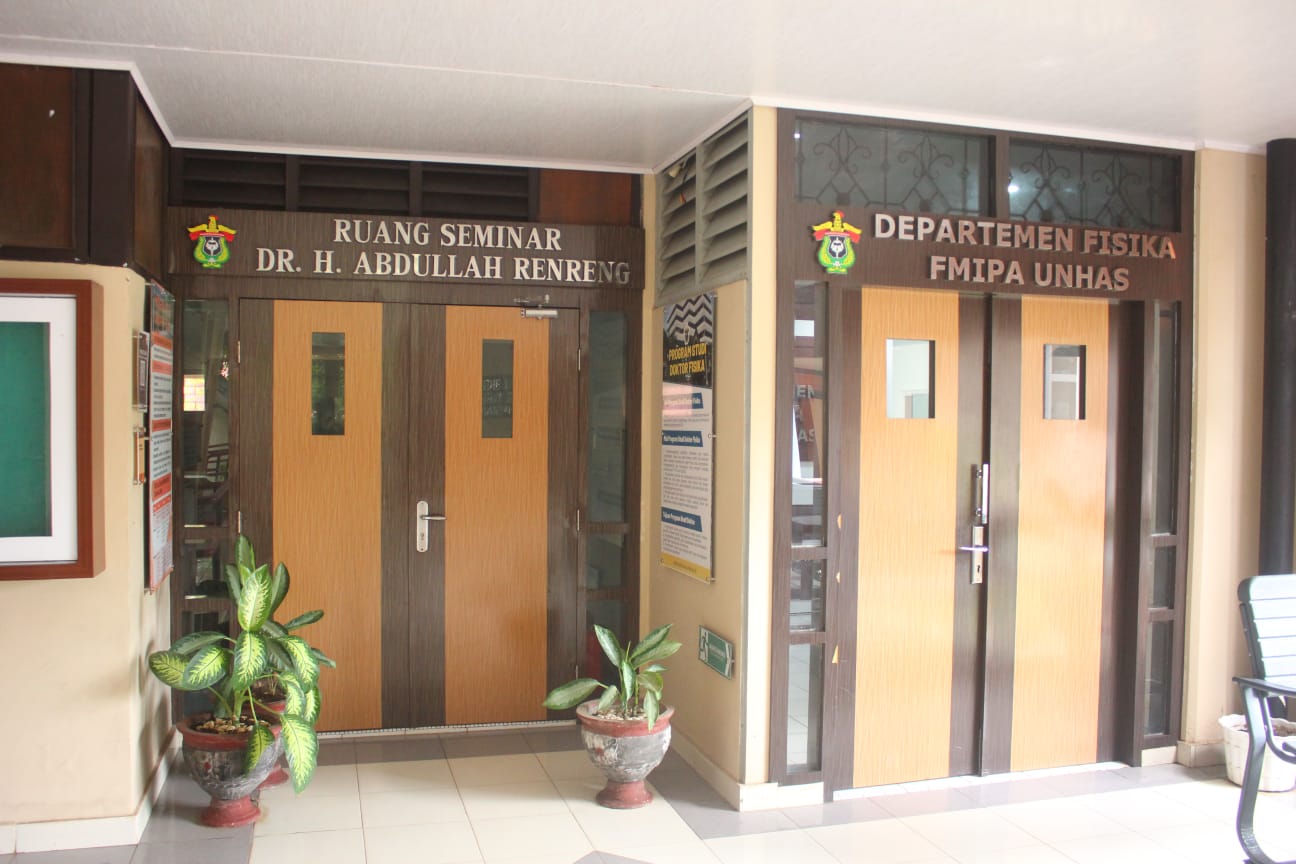
Department of Physics
"Embark on a journey to unveil the true nature of reality, from the grandest cosmic scales to the tiniest subatomic particles."
Our Internationally Recognized Programs
Committed to excellence in education and research.

Sarjana/Bachelor (S1)
Internationally Accredited by ASIIN

Magister/Master (S2)
Accredited with "Unggul"

Doktor/Doctor (S3)
Accredited with "Baik"
Latest Updates
Stay informed with the latest news and upcoming events from our department.
Our Research Areas
Pioneering discoveries across the spectrum of modern physics.
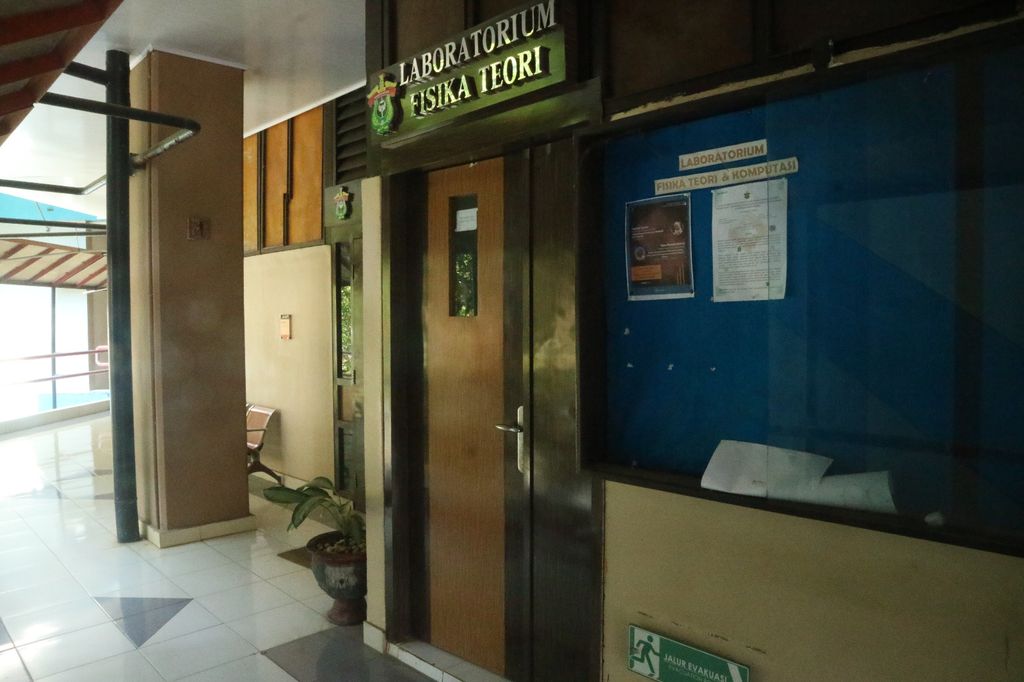
Theoretical and Computation
The Theoretical and Computational Physics Expertise Group covers two fields, namely: theoretical physics and computational physics. Discussions held between students and lecturers every week are the activities of this expertise group. The discussion discussed student creativity programs, introduction to programming languages, introduction to student research. The elective courses included in this expertise group are Linear Algebra, Theory of Phase Changes, Introduction to Linux, Introduction to Internet Programming, General Theory of Relativity, Quantum Mechanics, Non-Linear Dynamics, Introduction to Quantum Field Theory.
Explore Group
Material and Energy
The Material and Energy Physics expertise group is led by the Head of the Laboratory and consists of physics lecturers, laboratory assistants, students who are conducting research in the fields of materials and energy. This activity is the Material and Energy Physics Expertise Group. The subjects in this expertise group are Solid Matter Physics, Material Physics, Ceramic Physics, Acoustic Physics, Renewable Energy, Semiconductor Physics.
Explore Group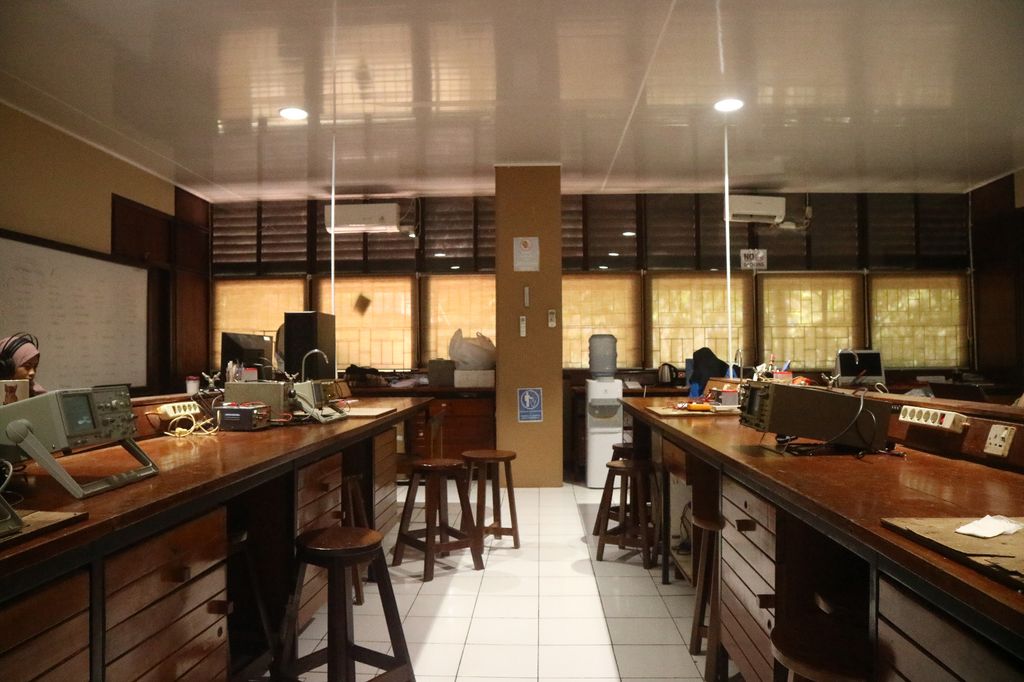
Electronics and Instrumentation
The Hasanuddin University PSF Electronics and Instrumentation Physics expertise group has several elective courses offered, including: Microprocessors, Microcontrollers and Interfaces, Automatic Controls, Advanced Electronics, Medical Instrumentation. The medical instrumentation course is a compulsory subject for students who are majoring in Medical Physics. The Electronics and Instrumentation System expertise group has several research topics, including: antennas, sensors, electronics-based measuring instruments.
Explore Group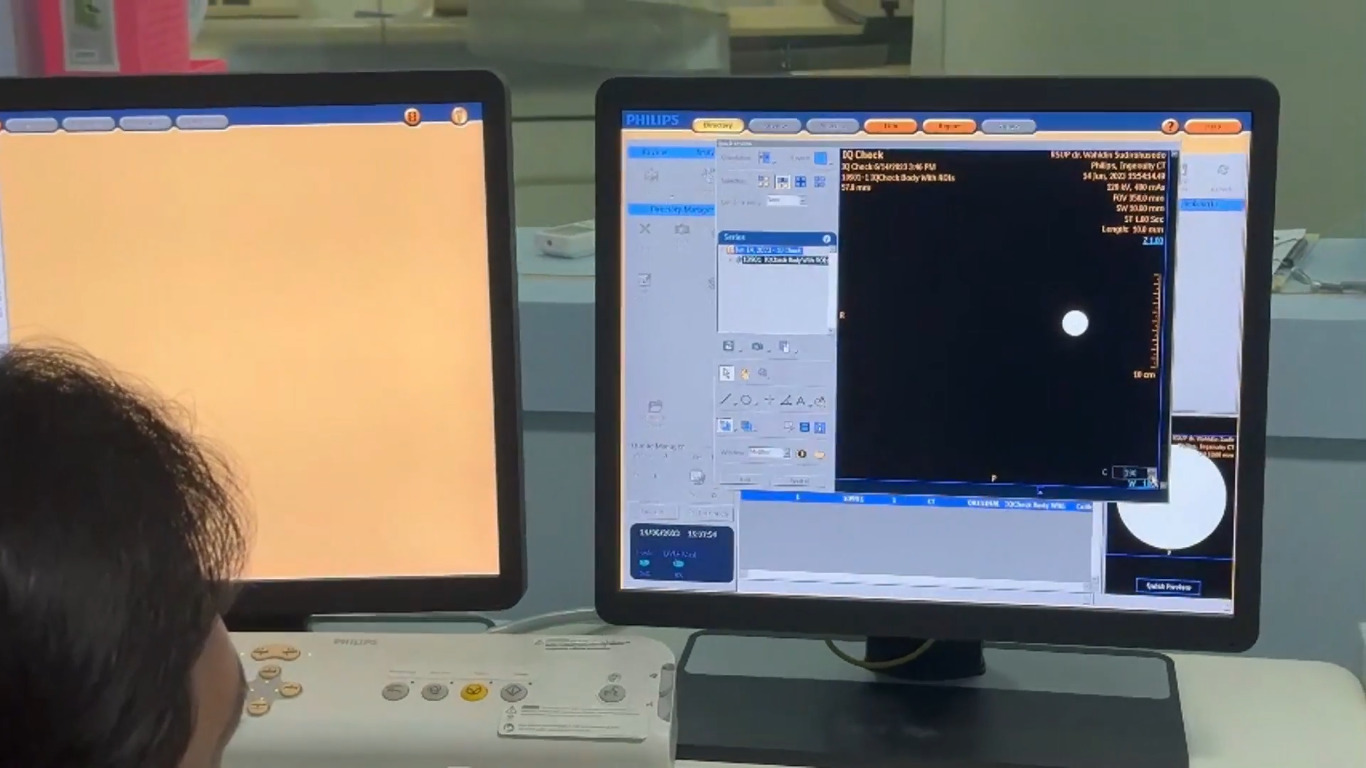
Optics and Spectroscopy
At first, this expertise group was named the Optics and Laser Applications Expertise Group, whose existence began in 1999. Along with the development of optics, in 2002 this expertise group changed to the Optics and Spectroscopy Research Group. The existence of this KK is supported by several tools, including: 2 He-Ne lasers (now no longer functional, several observation methods, namely: Mach Zender Inferometer, Fabri Ferot Inferometer and others such as optical tables, holders for lenses and mirrors, optical power meter which used in conjunction with Electronics and Instrumentation Systems Research Group.This cooperative also provides a dark room (optical) for optical activities which usually corresponds to a darkroom.
Explore Group
